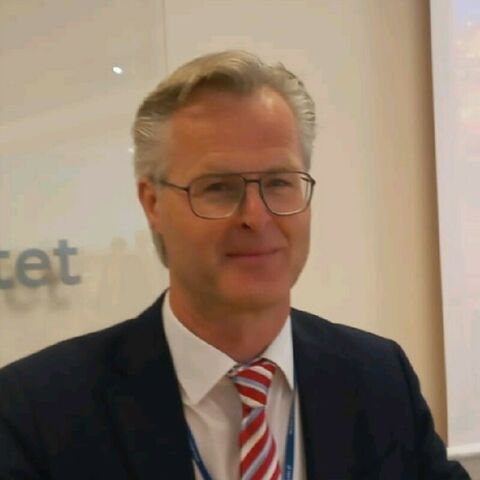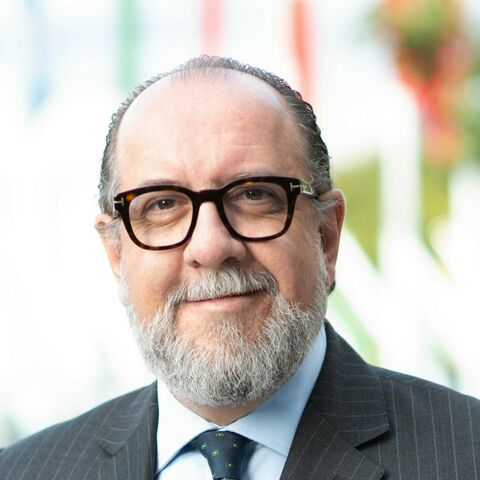Core Curriculum
Fundamentals of the Maritime Transport Industry
Everything starts with a good understanding of how the maritime industry works. We explore the diversity of materials, market players and how they affect market organization. On a field trip to the port of Antwerp, you will see this theory come to life. This not only provides you with the right foundation to tackle the rest of the curriculum, but also to tackle the transportation world you will enter after graduation.
Introduction to Global Supply Chain Management
You are looking forward to a specialized career in the maritime industry, but in doing so, it is important to also master the principles of broader transportation economics and supply chain. With knowledge of different transportation types, logistics economics, profit and loss principles and policies, you'll be able to critically evaluate supply chain solutions and management strategies, and understand how movements such as globalization, digitalization and environmental impacts affect the industry.
Technology, Digital Innovation & Sustainability
As a typical growth sector, the world of maritime transportation is constantly changing. What technological and innovation trends are already contributing to the sustainability of the sector today? How does an innovation network work and how do ports, airlines, logistics organizations and technology suppliers benefit? How do you assess the effectiveness of new digital solutions? You will discover it all.
Maritime Transport Market Analysis
This course zooms in on the markets in which shipowners and operators trade. After learning about their dynamic business environment, we will take a look at developments within the cargo, shipbuilding and shipbreaking markets. With an overview of key modeling tools, you'll proceed to productively analyze the shipping market yourself. Add to that strategy development and operations of container shipping, and you will create a thorough understanding of the overall picture of transportation companies.
Maritime Chain Cost Analysis
Is innovating phases of the maritime supply chain one of your ambitions? This course will provide you with all the tools to analyze and assess possible changes, and to defend the necessary investments for your organization. In doing so, we always cast an eye over the current challenges in the sector so that you can take all factors into account for maximum efficiency.
Maritime Supply Chains & Hinterland
Maritime transport is an essential link in global supply chains, but within that chain there are several key moments that require major decisions. The mode of transport, the choice of port, which hinterland shipping services are involved, which external trends and events play a role, etc. After this course, you will be in a strong position to make informed decisions, together with other links in your supply chain.
Port Economics & Business
The port is the beating heart of maritime transportation - that's as much about the location and infrastructure as it is about the organizational power behind it. Dive into the history of ports and discover what structures, innovations and movements contribute to their value creation today. Everything you ever wanted to know about the ins and outs of ports, you will discover here.
Maritime Economics & Business
This course focuses on all the major issues and actors shaping the maritime transportation market. What business strategies do shipowners employ? How do they create market forecasts? What role do authorities play? What type of ship do you choose for which route or cargo? With smart economic tools, you will analyze all the typical characteristics that make this booming business what it is.
Maritime Business Game
In this course, we will bridge the gap between theory and practice. Step into the shoes of a maritime manager and develop your own business plan. Play along! We will execute your business plan for the first year and determine your successes with an annual report. This way you get used to the stressful environment that the maritime industry sometimes brings and see how your new knowledge translates to the workplace.
Master Project
Last but not least, there is the Master Project in which you can make full use of all your talents. Assisted by an academic advisor, you and your group will work out a real business case for an existing company - as if you were part of their team. This provides you with a nice crowning achievement for your work over the past year and the chance to impress industry professionals.
Note: This curriculum is subject to change.














